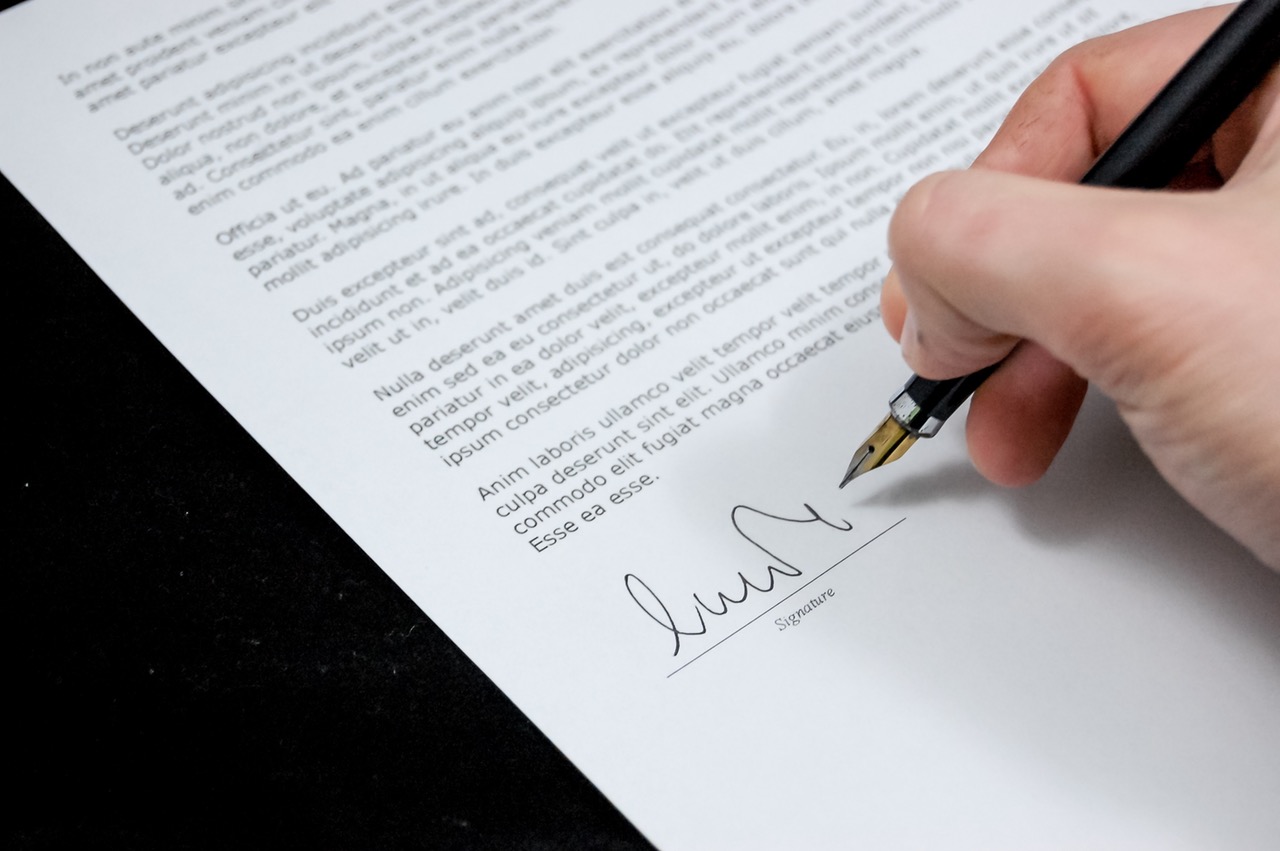It is often said that those who need the services of an attorney the most are the ones who are least able to afford it. This is true of most people facing a criminal case, malpractice suit, employment dispute, or injury case.
But to win these types of cases, and stay out of jail or get a handsome settlement, you need effective legal representation. However, good representation costs money. Although this may be true, you can still get effective legal help even if you have limited funds. Here’s how.
1) Court-Appointed Attorneys
Most constitutions in the world recognize that, even without money, you have the legal right to an attorney. In the US, the Supreme Court established this right in 1963 after a poor defendant lost a case because he could not afford a lawyer. He appealed against the ruling and won.
Since then, a court provides a lawyer for you if you cannot afford one, especially when the stakes are high. This is usually in criminal cases and child dependency cases. You then receive the services of the Public Defender’s office. But, if you have a conflict of interest with this office, the court appoints a “conflict attorney” – a private lawyer acting as a volunteer – to represent you.
2) Legal Aid Societies
These non-profit organizations provide legal aid to anyone who lacks the means to afford an attorney. However, before receiving their help, you must first prove to them that you qualify for it. After all, the goal of legal aid societies is to only help people in the lowest income bracket.
So, as attractive as this legal route sounds, it is not for everyone. In fact, according to a 2009 Legal Services Corporation study, 50 percent of those who apply to legal aid societies for help do not make the cut.
3) Contingency Fee Arrangements
Attorneys do not charge up-front fees for some cases, such as product liability, personal injury, or car accidents to mention a few. They instead charge a percentage, or contingency fee, of the potential pay-off. This contingency fee arrangement is beneficial in a few ways. One, the prospect of a rewarding outcome motivates the attorney to conclude the case quickly.
Two, you do not pay anything if the lawyer loses the case. In this case, you only incur the cost of filing the case. However, not all cases qualify for a contingency fee representation. This includes criminal cases, divorce, construction disputes, and contract disputes among others.
4) Pre-Settlement Lending
Contingency fee arrangements work best if you have no extra costs to incur, and only need to wait for your case to conclude. But, if your personal injury or auto accident case drags on for too long, and you have medical and daily expenses to pay, you will run short of money.
To stay afloat, you might need to take a pre-settlement loan, where you get funding through a site like Lawsuit Legal. After a lending company determines that you have a winning case, it gives you a settlement advance, which you pay back after you win the case. And, like with contingency fee cases, you do not pay the lender if you lose.
Conclusion
You can get legal representation even without money if you use the services of a public defender’s office. A court usually appoints this office to defend people in their first hearing. You have the choice of either sticking with the public defender or seeking alternatives.
You could also seek the help of legal aid societies, which defend low-income earners. The other option is to engage an attorney on a contingency fee arrangement. Finally, if your case might drag on for too long, consider getting a pre-settlement loan to help you get by.

